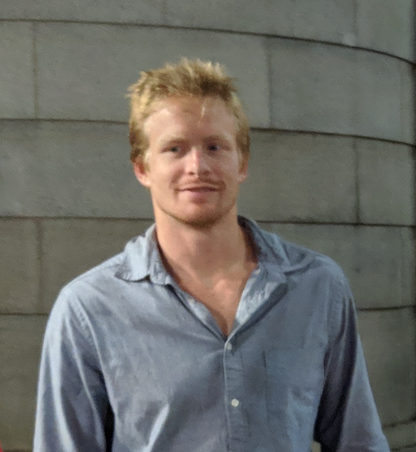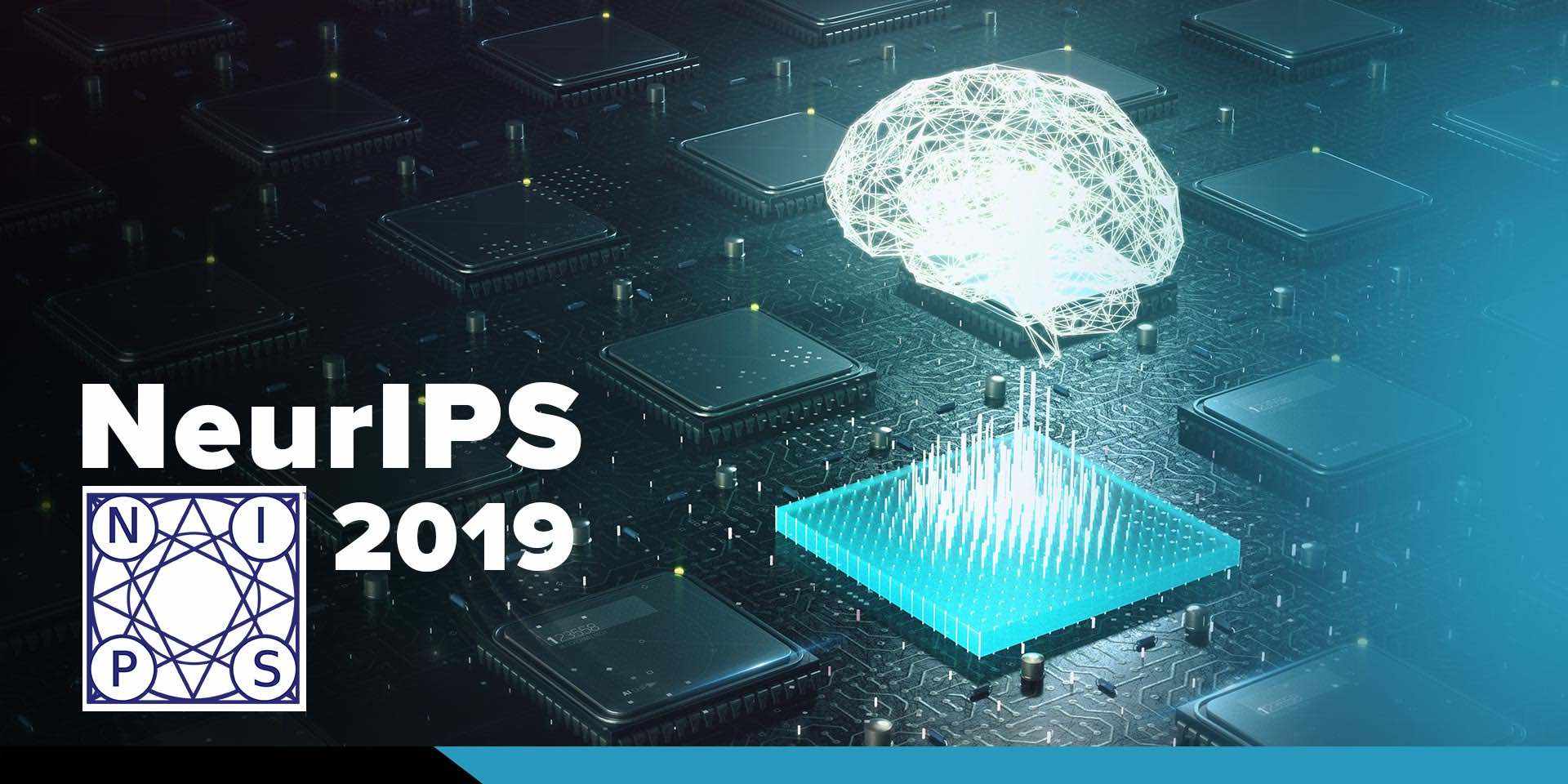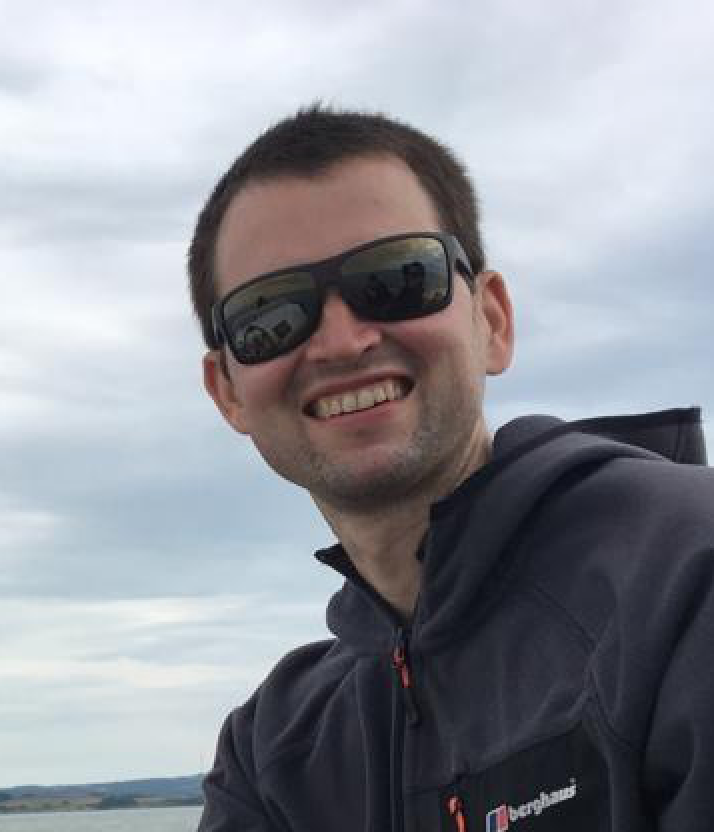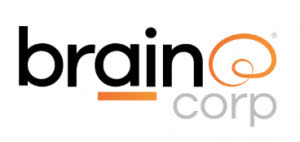The Great NeurIPS Debate 2019
Topic
AI research is stuck in a local minimum.
What
On the 12th of December, 2019 the citizens of the United Kingdom will go to the polls
to elect a new parliament. But don't worry, this event has nothing to do with fractious
British politics!
Enjoy an entertaining, but hopefully also thought-provoking evening watching a “British parliamentary style” debate on an age-old question in AI. Debaters, split amongst 4 teams, will be assigned a side randomly, with two teams arguing for each side. Each team competes both to win the debate against the opposing side and to overshadow the other team on their own side. We will encourage attendees to discuss the topic amongst themselves, suggest questions and vote before and after to see who is convinced by our illustrious debaters. We hope it will be an evening of stimulating conversation, changed minds and laughter.
Thanks to our generous sponsors food and drink will be provided.
When & Where
The Great Debate is part of the (new this year) NeurIPS Socials program. The debate will take place in Room 217-219 Thursday 7-10pm (Vancouver Time) (Google Calendar Link). You must have a NeurIPS conference ticket to attend.
Debaters
This format has four teams. Although two teams are arguing the same viewpoint they are also competing against one another to be the team that changes your view.
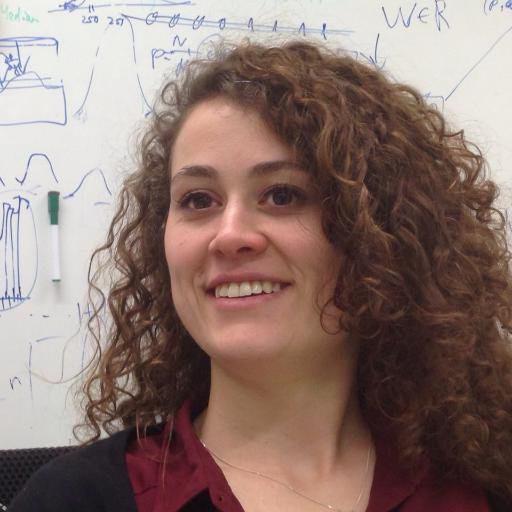 |
| Elise van der Pol is a PhD student in University of Amsterdam, working with Max Welling & Frans Oliehoek (TU Delft). Her main research interests are reinforcement learning and multi-agent coordination, currently focusing on representations for use in planning & control. |
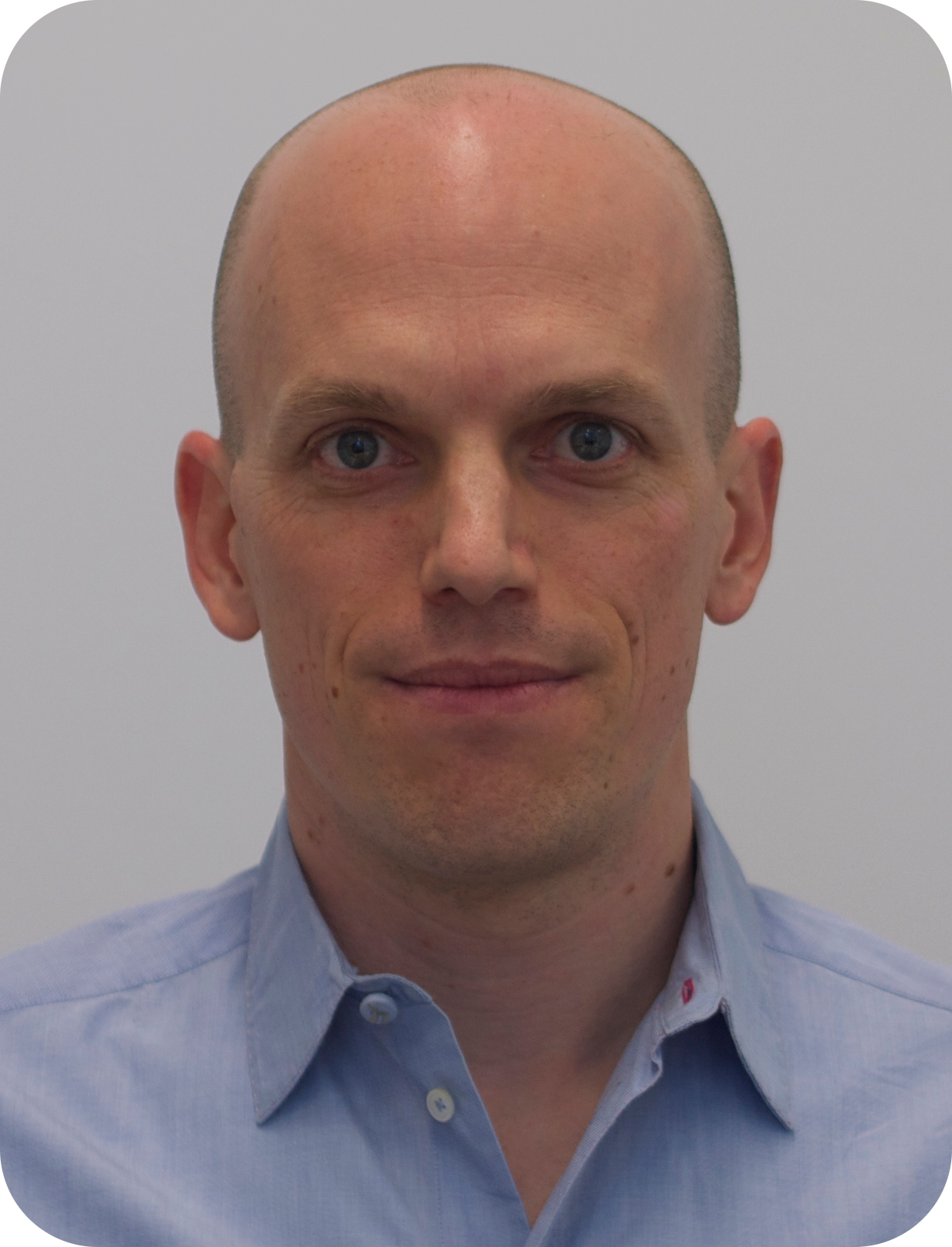 |
| Arthur Gretton is a Professor with the Gatsby Computational Neuroscience Unit at UCL. Arthur's recent research interests in machine learning include the design and training of generative models, both implicit (e.g. GANs) and explicit (high/infinite dimensional exponential family models), nonparametric hypothesis testing, and kernel methods. |
 |
| Max Welling is a research chair in Machine Learning at the University of Amsterdam and a VP Technologies at Qualcomm. He has a secondary appointment as a senior fellow at the Canadian Institute for Advanced Research (CIFAR). He is co-founder of “Scyfer BV” a university spin-off in deep learning which got acquired by Qualcomm in summer 2017. He is on the board of the Data Science Research Center in Amsterdam, he directs the Amsterdam Machine Learning Lab (AMLAB), and co-directs the Qualcomm-UvA deep learning lab (QUVA) and the Bosch-UvA Deep Learning lab (DELTA). Max Welling has over 250 scientific publications in machine learning, computer vision, statistics and physics and an h-index of 65. |
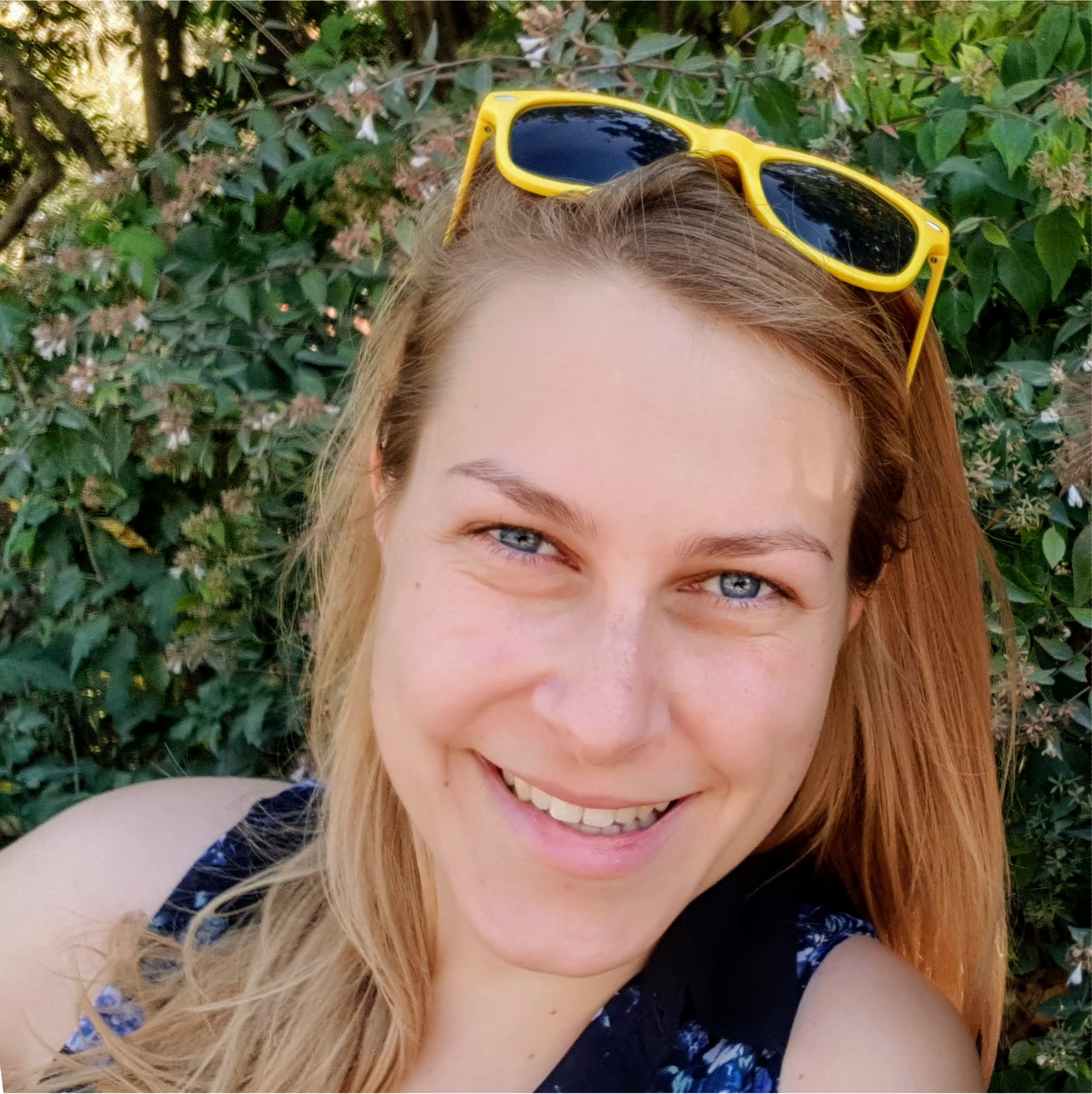 |
| Sindy Löwe is a PhD student in Machine Learning at the University of Amsterdam, supervised by Prof. Max Welling. She is interested in self-supervised representation learning, focussing on mutual information maximization approaches and on structured representations. |
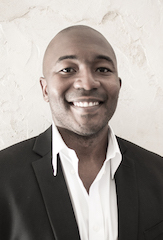 |
| Sanmi (Oluwasanmi) Koyejo is an Assistant Professor in the Department of Computer Science at the University of Illinois at Urbana-Champaign. Koyejo's research interests are in developing the principles and practice of adaptive and robust machine learning. Additionally, Koyejo focuses on applications to neuroscience and biomedical imaging. |
 |
| Albert Ali Salah is a Professor of Social and Affective Computing at the Department of Information and Computing Sciences of Utrecht University, the Netherlands. He works on multimodal interfaces, pattern recognition, computer vision, and computer analysis of human behavior. |
 |
| Thomas G. Dietterich is one of the founders of the field of Machine Learning. Among his research contributions was the application of error-correcting output coding to multiclass classification, the formalization of the multiple-instance problem, the MAXQ framework for hierarchical reinforcement learning, and the development of methods for integrating non-parametric regression trees into probabilistic graphical models (including conditional random fields and latent variable models). |
 |
| Anna Goldenberg is a Senior Scientist in Genetics and Genome Biology program at SickKids Research Institute, recently appointed as the first Varma Family Chair in Biomedical Informatics and Artificial Intelligence. She is also an Associate Professor in the Department of Computer Science at the University of Toronto, faculty member and an Associate Research Director, Health at Vector Institute and a fellow at the Canadian Institute for Advanced Research (CIFAR), Child and Brain Development group. The current focus of her lab is on developing machine learning methods that capture heterogeneity and identify disease mechanisms in complex human diseases as well as developing risk prediction and early warning clinical systems. She is strongly committed to creating responsible AI to benefit patients across a variety of conditions. |
Rules
To encourage open discussion, we ask attendees to follow the Chatham House rules, which state that the debate should be unrecorded and that arguments made during the debate not be later attributed to the person making them. The topic of the debate will be released at the beginning of NeurIPS.

Dr AAA BBB
From .....

Dr DDDD EEE
From:

Dr FFF GGG
From:

Dr HH II
From .....

Dr JJ KK
From:

Dr LLL MM
From
Organisers
?insert something here?
Organisers
Please email both of us if you any queries regarding this event.
The Great NeurIPS debate will be held...
The Great NeurIPS debate will be held on day December 2019
We are grateful to our sponsors for supporting the event. They are hiring machine learning researchers and engineers, especially thoughtful and informed ones like you!








